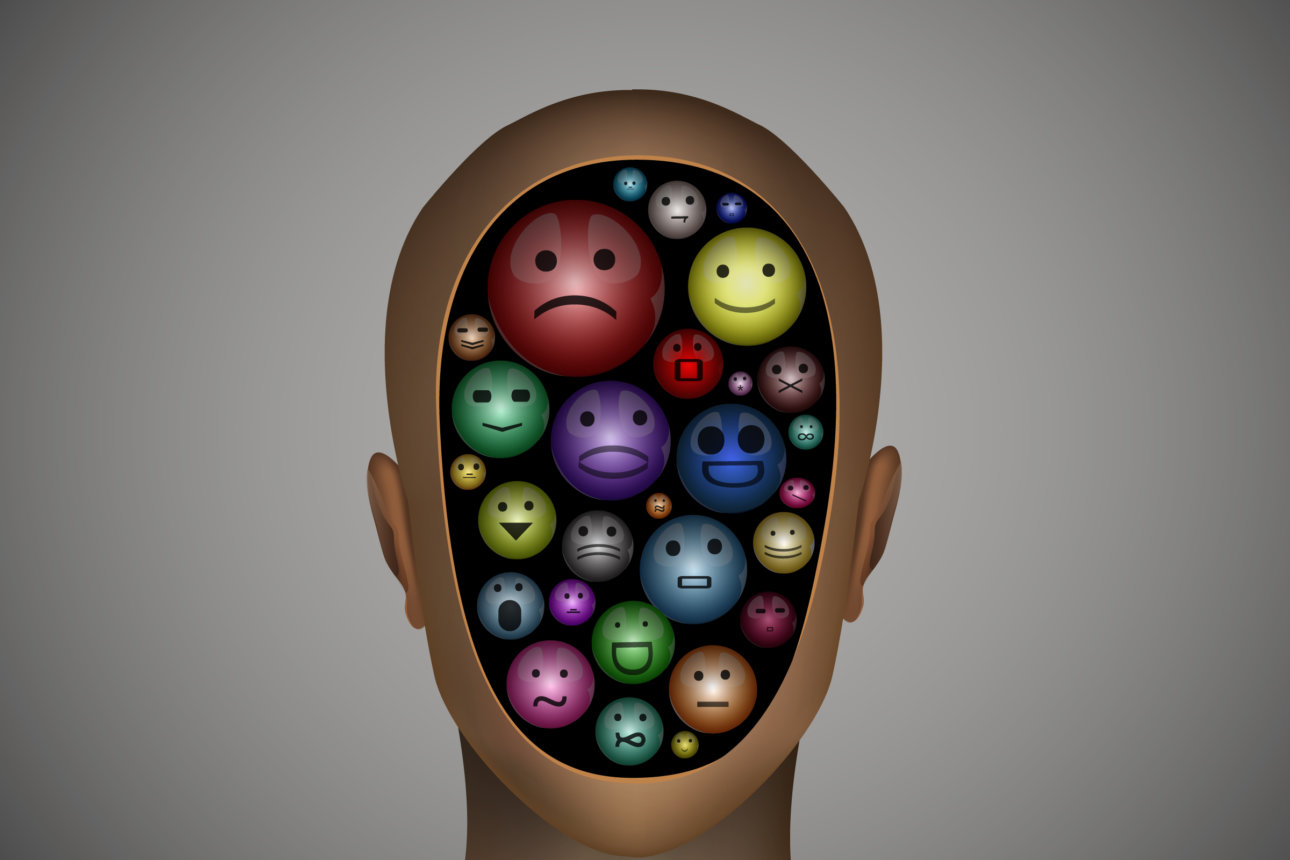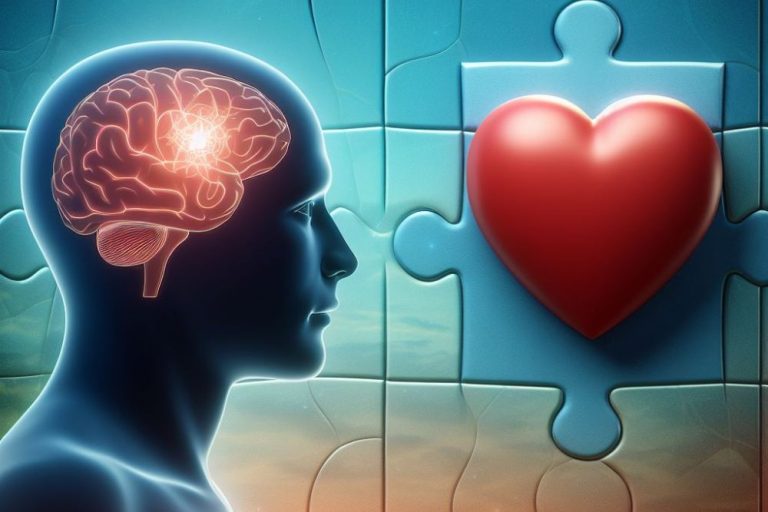Emotions in the Digital Age: How to Feel Fully in a World That Moves Fast
We live in a world where everything is fast — fast news, fast replies, fast scrolling. But our emotions don’t move that fast. They need time, space, and attention. In 2025, emotional awareness is no longer optional — it’s essential to personal well-being, strong relationships, and even professional success.
Let’s explore how emotions are being redefined in a high-speed, hyperconnected world.
Emotions Are Not Weakness — They’re Data
For too long, society treated emotions as distractions. But today, more people are realizing that feelings are actually signals. They’re how your mind and body communicate about:
-
What you value
-
What you need
-
What’s hurting or helping you
Anger might be pointing to a boundary being crossed. Sadness could be highlighting something meaningful you’ve lost. Joy? It’s telling you what to do more of. Emotional intelligence is now seen as a superpower — in leadership, love, and life.
The Rise of Emotional Literacy
In 2025, emotional education is becoming mainstream. More schools, workplaces, and online platforms are teaching people how to:
-
Name their feelings accurately
-
Express them without harm
-
Sit with uncomfortable emotions instead of avoiding them
Apps now exist to help you track emotional patterns, while journals and mood logs have gone digital. Gen Z and Gen Alpha are especially leading the charge — normalizing emotional honesty in daily life.
Social Media and Emotional Burnout
We consume more emotional content in a single day than previous generations did in weeks. From viral heartbreak stories to political outrage, we’re constantly exposed to high-impact emotional stimuli. The result? Emotional fatigue.
To cope, more people are:
-
Taking social media breaks
-
Practicing “emotional boundaries” by curating what they consume
-
Using content filters or emotional health plug-ins
Because protecting your emotional energy is as important as managing your time.
Vulnerability Is the New Strength
Thanks to creators, authors, and public figures opening up about mental health, vulnerability is now seen as courageous, not weak. Talking about:
-
Anxiety
-
Depression
-
Fear
-
Self-doubt
…is no longer taboo. From therapy memes to trauma healing TikToks, people are finding healing through shared humanity.
“I cried in the shower this morning” isn’t shameful — it’s relatable, and often the start of deep healing.
Learning to Feel Without Judgment
One of the biggest emotional breakthroughs in recent years is this: You can feel something without acting on it. You can be sad and still get out of bed. You can be angry and still choose kindness. You can feel lost and still show up.
This emotional flexibility — the ability to hold space for hard feelings without letting them take over — is what many psychologists call emotional maturity. And it’s a skill that’s being taught in therapy, coaching, and even leadership programs.
In conclusion, emotions are not problems to fix — they are experiences to move through. In 2025, as the world continues to shift rapidly, the ability to slow down, listen to your feelings, and honor your emotional truth may be one of the most important life skills we can develop.
So don’t push them away. Don’t rush to numb them. Let yourself feel — fully, honestly, and without apology. That’s where real strength begins.






